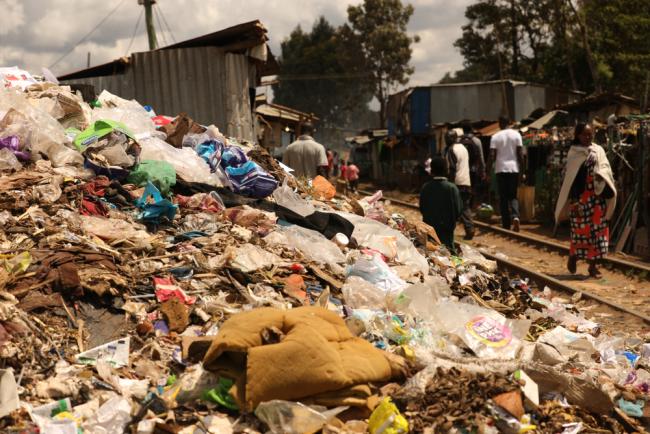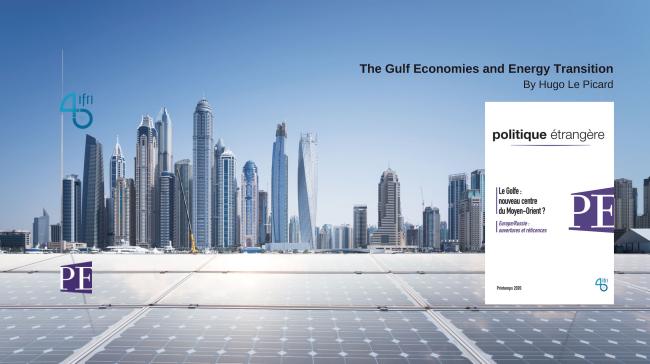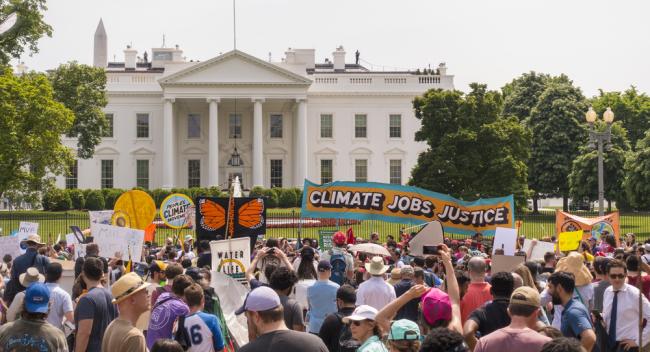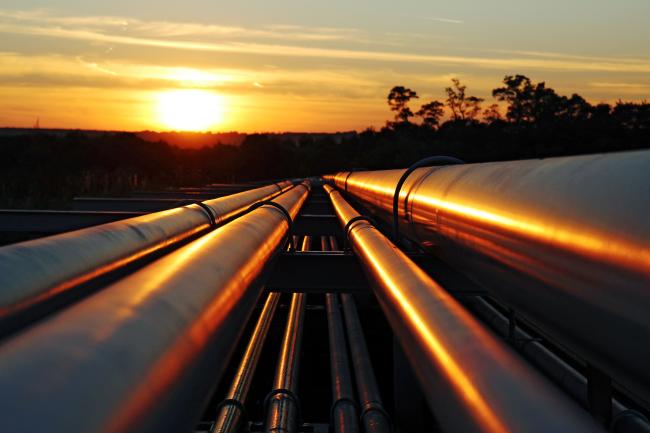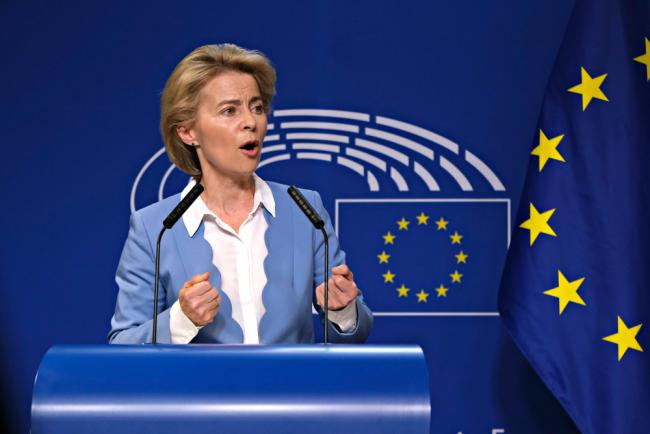Energy - Climate
In the face of the climate emergency and geopolitical confrontations, how can we reconcile security of supply, competitiveness, accessibility, decarbonization and acceptability? What policies are needed?
Related Subjects

COP30: An Inflection Point for Climate Action and Governance
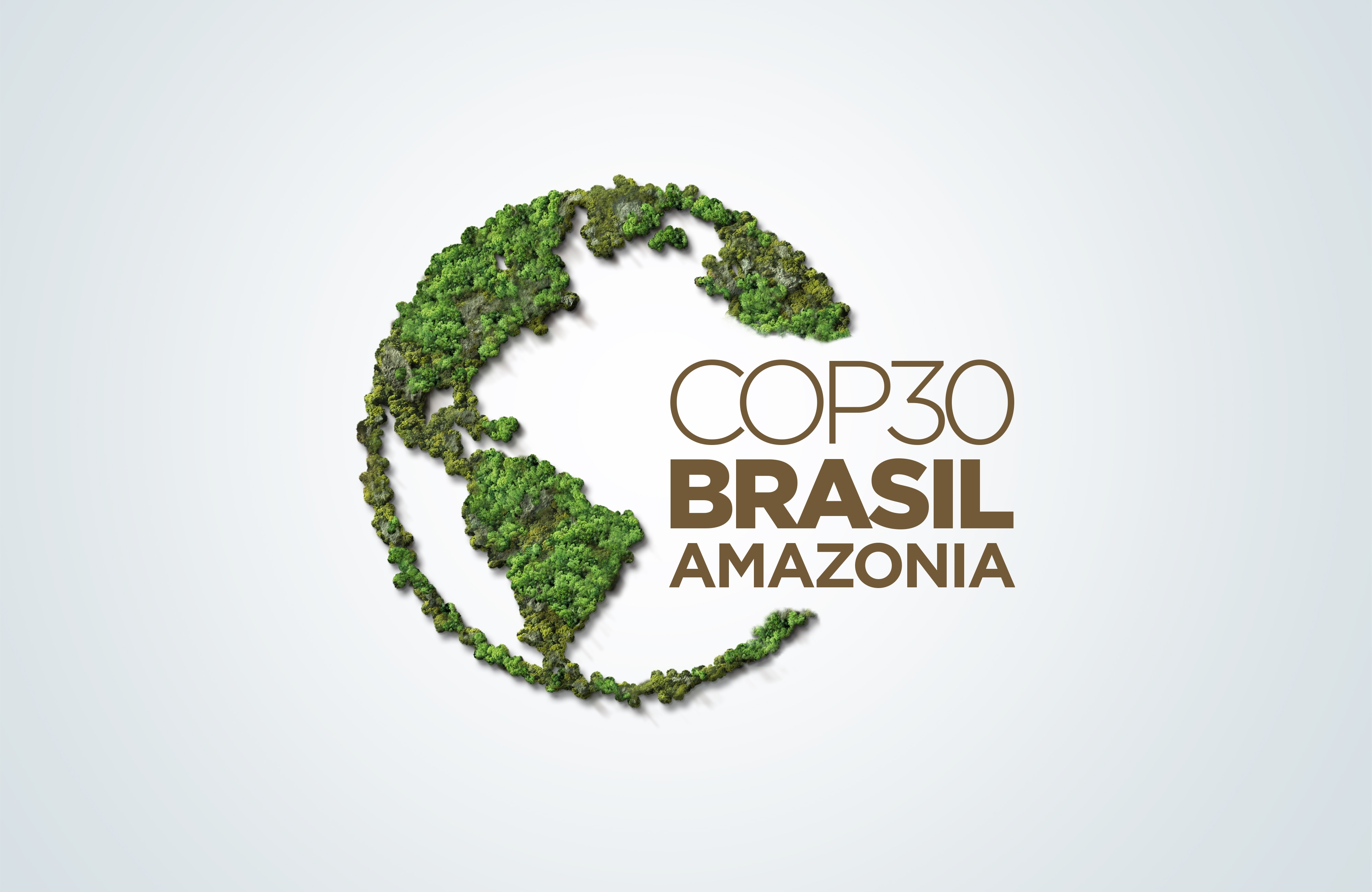
The 30th Conference of the Parties (COP30), opening in Belém, Brazil, on November 10th 2025, convenes at a perilous moment.
Contribution to the Task Force Sustainable Energy, Water and Food Systems of T20 Saudi Arabia
Waste-to-energy plants appear as an effective means of dealing with two problems of electricity access and waste management at once.
South Korea’s Hydrogen Strategy and Industrial Perspectives
South Korea is a hydrogen (H2) frontrunner. The world’s first commercial fuel cell electric vehicle (FCEV) was launched by the South Korean car manufacturer Hyundai (Tucson i×35) in 2013.
POSCO Energy, South Korea’s largest private energy producer, completed the world’s largest fuel cell manufacturing plant in 2015. When President Moon took office in 2018, the new government identified H2 as a new growth engine, and pledged to turn the country into a H2 economy.
The Recycling of Lithium-Ion Batteries: A Strategic Pillar for the European Battery Alliance
Although it is still marginal, the market for electric vehicles (EVs) is growing. According to the French Institute of Petroleum and Renewable Energies (IFPEN, Institut Français du Pétrole et des Énergies Renouvelables), EVs accounted for a little more than 2% of the light vehicle market in 2019. This was up by 54% compared to 2018, but EVs still only represent 0.8% of the global car fleet. That said, the International Energy Agency (IEA) estimates EVs could make up between 15% and 30% of vehicle sales in 2030.
The Gulf Economies and Energy Transition
The economies of the Persian Gulf are highly dependent on their petrol exports, particularly to Asia.
The Geopolitics of the Amazon
An irreplaceable reservoir of biodiversity and freshwater, the Amazon basin has become extremely important in this age of climate disruption.
The Green Deal’s External Dimension. Re-Engaging with Neighbors to Avoid Carbon Walls
The European Union (EU)’s Green Deal is a game changer with attention so far focused on forthcoming actions plans, the Climate Law, financial resources, the revision of the 2030 targets and of the emissions trading system (ETS).
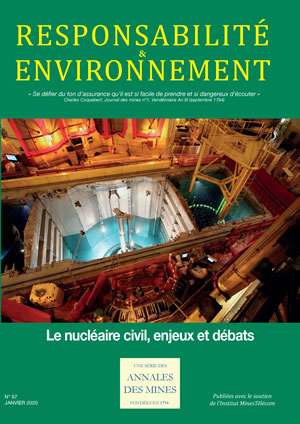
Civilian nuclear energy’s strategic dimension
French stakeholders in civilian nuclear energy are making a full diagnosis of the industry in order to cope with disappointments and lay down the conditions for relaunching programs for building reactors.
The Battle Heats Up: Climate Issues in the 2020 US Presidential Election
Environmental issues have frequently enjoyed bipartisan support in American history: the Clean Air Act was enacted in 1963 under Democratic President Johnson, and the Environmental Protection Agency (EPA) was established in 1970 under Republican President Nixon.
The Development of Hydrocarbons in East Africa: Political and Security Challenges
East Africa has the potential to experience a gas and liquefied natural gas (LNG) export boom in the coming years due to several projects that have been released.
The War on Carbon. Five Priorities for the European Green Deal
2019 has marked a fundamental turning point in the energy transition of the European Union (EU).
Global Coal Trade from Tightness to Oversupply
Over the past four years, international coal trade has been reshaped by China’s surging imports.
Powering Kuwait into the 21st Century: Alternatives for Power Generation
Kuwait is facing a surge in the consumption of power. The current power fuel mix, based on oil, appears unsustainable. Yet Kuwait has a large number of assets.
Solar Photovoltaic Energy Policy in Europe: Losing Sight of What is Right: Current Developments and Lessons Learned for Policymakers and Industry
Europe has set ambitious but drastic targets in order to fight climate change. The 20-20-20 objectives demonstrate this. By 2020, emissions are to be reduced by 20%, the share of renewable energy sources (RES) in energy consumption is targeted to rise to 20%, and energy efficiency is planned to increase by 20% in comparison to the 1990 levels in Europe.
What Role for the EU in Doha?
Historical leader of the fight against climate change, the European Union’s influence declined in Copenhagen. This opened the way to the so-called BASIC countries to show their willingness to become a driving force in the international climate agenda. Interestingly enough, the Copenhagen conference also introduced a welcome shift in the traditional UN separation between developed and non-developed countries.
The European Coal Market: Will Coal survive the EC's Energy and Climate Policy?
The European coal industry is at a crossroads. The European Commission (EC) Energy Policy by 2020, the 20/20/20 targets, is not favourable to coal:
a 20% decrease in CO2 emissions does not favour coal compared with natural gas, its main competitor in electricity generation;
a 20% increase in energy efficiency will lead to a decrease in energy/coal consumption;
a 20% increase in renewables will displace other energy sources, including coal.
Towards Gas-on-Gas Competition in Europe from Trends to Reality?
Last week Centrica announced having signed a three-year gas supply contract with Gazprom Marketing and Trading UK entirely priced against UK spot gas market (NBP). This move follows other announcements in the sector, such as EON long-term gas supply contracts renegotiation, which allowed it to almost double its net-profit forecasts for 2012, or BP intention to sell Shaz Deniz II gas with spot-indexed contracts. All major European suppliers have been able to renegotiate long-term oil-indexed contracts with Gazprom lately and, more generally, contracts are increasingly being based on some spot-indexed price formula. How could that happen and what does it mean?
The GCC States of the Persian Gulf and Asia Energy Relation
Since the 2000s, China and India's needs for hydrocarbons, coming on top of those of older industrialized Asian countries (Japan and South Korea), have considerably strengthened customer-supplier links between Asia in general and the Persian Gulf, in the energy field.
Powering Kuwait into the 21st Century: Adopting a Sustainable Strategy
Over the last ten years, Kuwait's power consumption has doubled. This rising need for electricity has been mainly driven by the fast population growth rate, the increasing need for desalinated water, accounting for 93% of water consumption, and the economic development of the country.
Towards a New Geopolitics of Energy?
First of all, shale oil is starting to take the same dimension as shale gas in the US. Already 51% of US production comes presently from unconventional gas (shale, tight gas and coal-bed methane), and outlooks predict that the US will produce more gas than Russia by 2020. Oil imports have already diminished from 60 to 45%. As domestic unconventional oil production tends to increase, - it is now around 15% - imports will probably decline even more.
The Gulf Countries' Energy Strategies: What's on the Menu for the Power Sector?
The futuristic green city of Masdar in the United Arab Emirates or the latest announcements of Saudi Arabia which might now well become the new Eldorado for solar energy companies have a clear marketing varnish. But if they are showcases of green ambitions, they nonetheless reflect the situation the Gulf States face today driven by the development of heavy industry and petrochemicals but first and foremost by the rapid population growth (around 2% for Saudi Arabia and 3% for Kuwait; Qatar and the Emirates have higher population growth rate due to immigrants).
Support independent French research
Ifri, a foundation recognized as being of public utility, relies largely on private donors – companies and individuals – to guarantee its sustainability and intellectual independence. Through their funding, donors help maintain the Institute's position among the world's leading think tanks. By benefiting from an internationally recognized network and expertise, donors refine their understanding of geopolitical risk and its consequences on global politics and the economy. In 2025, Ifri supports more than 80 French and foreign companies and organizations.







